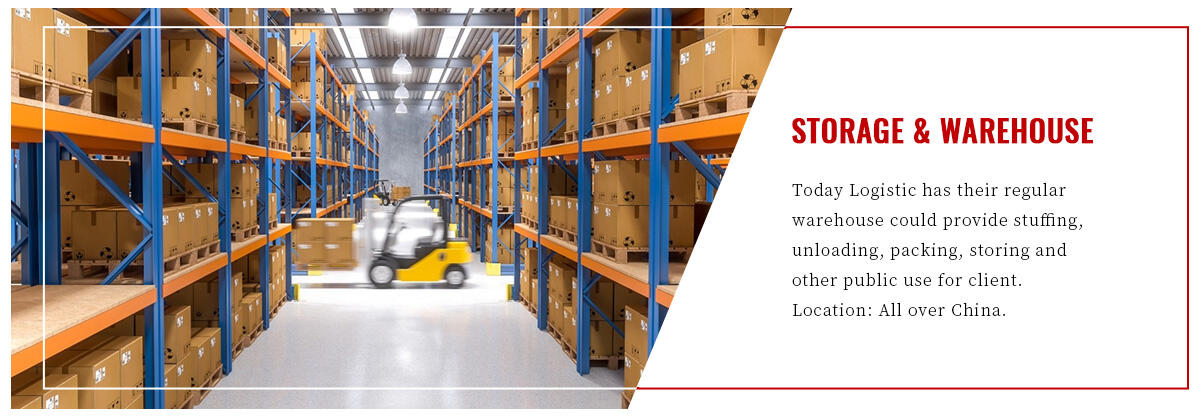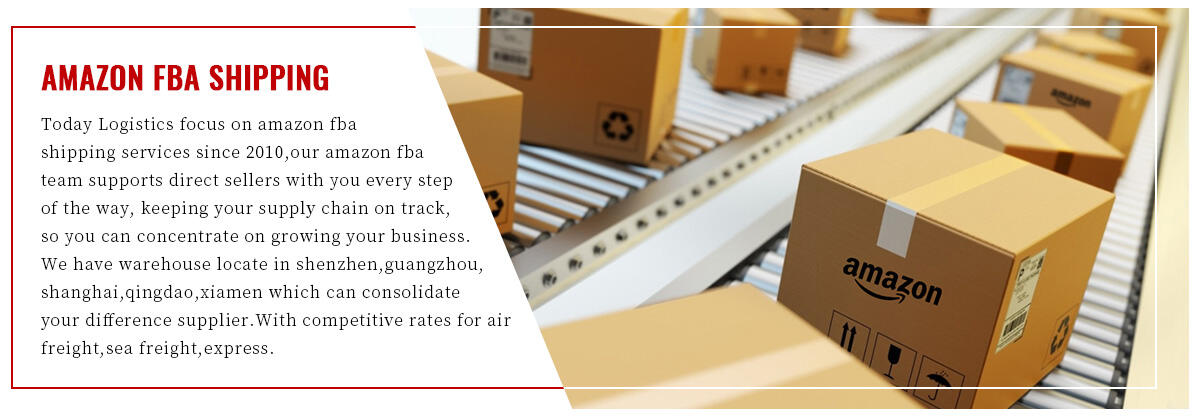vasúti kereskedelem
A villamos szállítás a modern logisztika és közlekedési rendszerek egyik alapköve, amely hatékony és fenntartható módot kínál az áruk nagyrövidségű szállítására. Ez a közlekedési mód bonyolult vasúti hálózatot, specializált tároló- és áruszállító járműveket, valamint fejlett logisztikai menedzsment-rendszereket használ a bulkanyagok, tárolók és különféle tervékek szállításához. A modern villamos szállítási műveletek vezetékes nyomon követő rendszereket, automatizált betöltési és kiürítési berendezéseket, valamint fejlett ütemezési algoritmusokat alkalmaznak, hogy megbízható és időben történő szállítást biztosítsanak. A rendszer technológiai infrastruktúrája számítógépeses forgalommenedzsmentet, valós idejű árutörzskövetést és integrált kommunikációs hálózatokat tartalmaz, amelyek koordinálni képesek a szállítás több aspektusát. A villamos szállítási szolgáltatások különféle árutípusokat kezelnek, attól függően, hogy természeti anyagok és mezőgazdasági termékek, gyártott áruk vagy veszélyes anyagok szállítása szükséges, mindegyik sajátos kezelési eljárásokat és specializált berendezéseket igényel. Az iparág folyamatosan fejlődik a lokomotívák technológiai innovációival, beleértve aüzemanyag-fürdőző motorkulcsokat és alternatív hajtómódokat, miközben fejlettebb biztonsági funkciókat és automatizált ellenőrzési rendszereket vezet be, hogy magas működési szabványokat karthasson.


